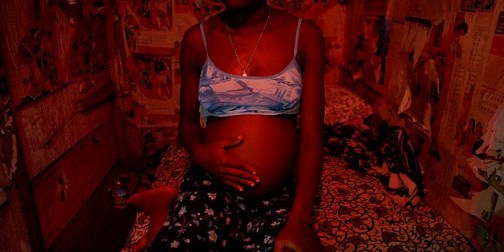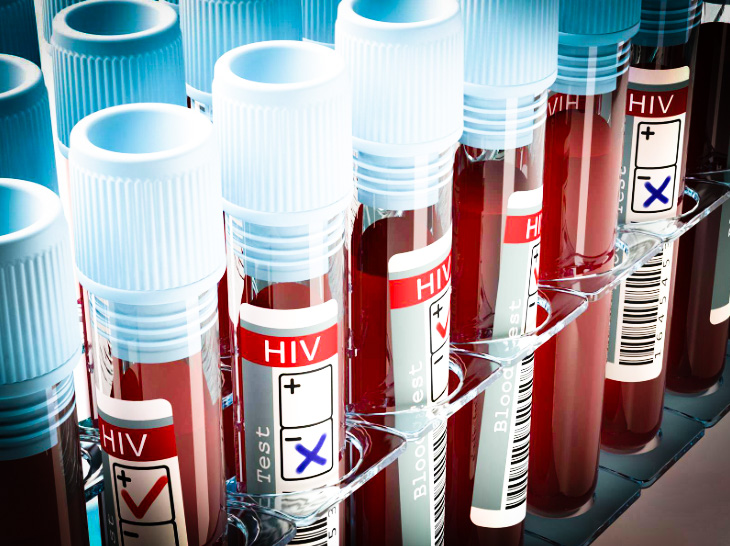If local condoms start entering shops, will that stop HIV and pregnancies, for good?
One of the reasons women make up a high number of HIV/AIDS burden is the socio-economic effect.

For every single time the relevant measurement has checked for the prevalence of the Human Immunodeficiency Virus (HIV) and Acquired Immunodeficiency Syndrome (AIDS), the results are bad. Locally produced condoms could reverse the trend if production starts soon enough because time ticks.
It is the National Agency for the Control of AIDS (NACA) headed by a Director-General, Dr Temitope Ilori that is laying the ground for this to happen and it appears timely for people of her gender.
As a public health expert who has served at the sub-regional level in Osun state, the director general had been interacting with those living with HIV/AIDS, hence her fittingly high awareness about what needs to be done in the form of establishing an environment where protection can be built from within.
By protection, Dr Ilori means, in an interview with The Punch, the capacity to start local production of condoms because as we speak, we’re importing condoms. Thanks to mostly international support – such as policy guidance from UNAIDS to come up with an all-encompassing model to tackle the virus and donor partner, the United States President’s Emergency Plan for AIDS Relief (PEPFAR) offering free kits and antiretroviral medication for Nigerians living with the disease.
ALSO READ: The adrenalin rush in Ibadan over aphrodisiacs taken before sex
So far, PEPFAR in fulfilling its vibrant and compassionate mission in the country, has disbursed over $7.8 billion to ensure that all Nigerians living with HIV/AIDS have comprehensive access to quality HIV prevention, care, and treatment services. This is, according to the U.S. Embassy and Consulate in Nigeria, analysing 20 years of impact back in January 2023.
Outside help is good and truly is the picture of a global, collaborative world but it won’t be Nigeria’s path indefinitely. We want to start local production of test kits to determine if someone is HIV positive or negative, said Dr Temitope Ilori.
The picture of NACA-gathered stats draws up a disheartening conclusion, which desperate efforts are trying to change. It is thought that when considering the national prevalence of HIV/AIDS, women account for 59 percent of the entire affected population.

And when women who do not know that they are with the virus get pregnant, they end up passing it to the unborn, thereby increasing the country-wide burden of children born positive based on the rate of new infections. For instance, says the agency’s director general, going by the 2023 data, we realised that we had about 22,000 children born with HIV/AIDS.
Based on the outcomes, there’s not much decline from over the years, adds Dr Ilori. A combined view for both male and female adults is still not encouraging for Nigeria whose long-term goal is to significantly reduce transmission figures. Data from the previous checks revealed the number as 75,000, but thankfully the National Agency for the Control of AIDS still sees this as a decline.
Producing HIV/AIDS treatment and prevention kits is what the country wants to be good at next, although no clear timeline has been set for when this will happen. The signal coming out from NACA suggests that it is closer than what most will expect although the actualisation cannot be soon enough for those who need urgent intervention.
The radar will be hovering around young people aged between 15 and 49 because they account for the majority of the latest transmissions, with women who could be prostitutes being the main carriers. So, when condoms, vital test kits and antiretroviral starter packs begin emerging from the Nigerian space and are not imported, they would be most needed by these lot.

ALSO READ: What to know before booking your BBL surgery
One of the reasons women make up a high number of HIV/AIDS burden is the socio-economic effect. According to NACA’s Dr Ilori, this is when they don’t have the income to cater for themselves, which leads to them being dependent.

Ayodelé is a Lagos-based journalist and the Content and Editorial Coordinator at Meiza. All around the megacity, I am steering diverse lifestyle magazine audiences with ingenious hacks and insights that spur fast, informed decisions in their busy lives.






